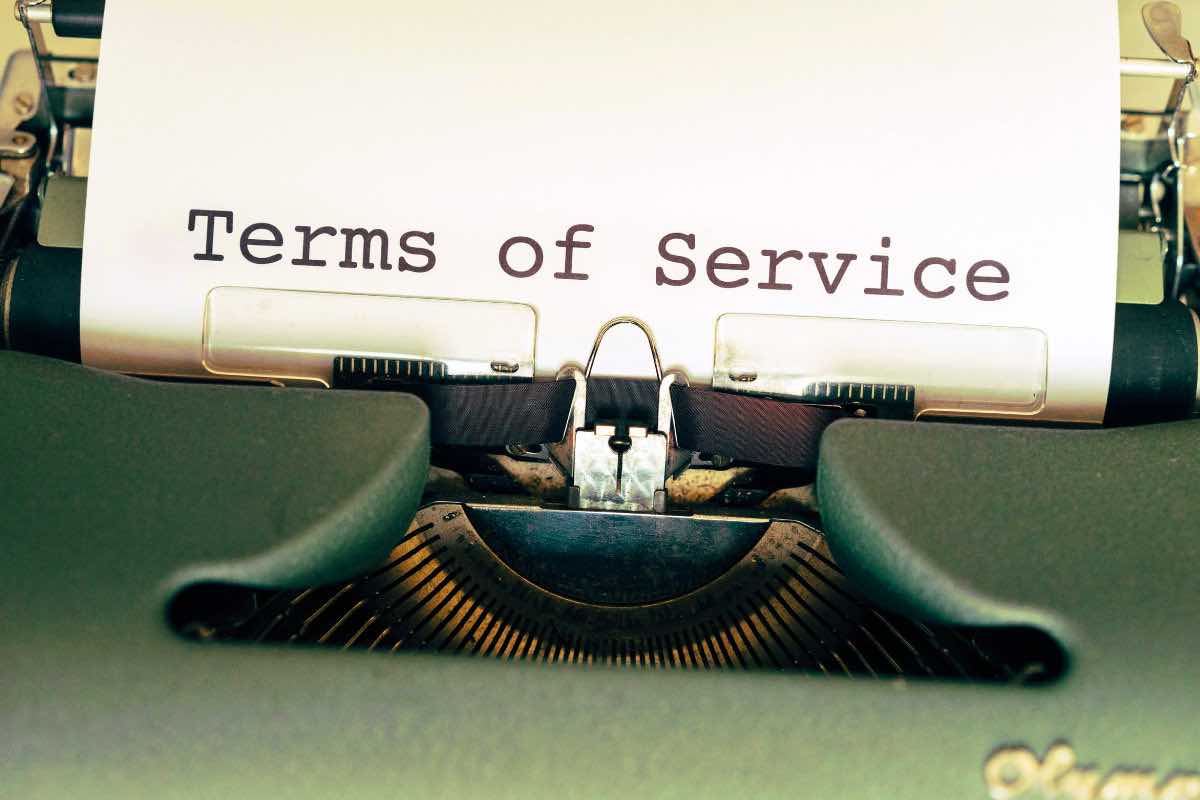Your Shipping Contract outlines the terms of your arrangement with the auto transport company you have hired (be it with a Shipping Broker or directly with a Carrier). Prior to signing, it’s critical you read through the entire document to make sure you understand and agree to the provisions expressed within it. To help you navigate the language and general conditions of the industry, here’s a helpful crash-course in the business of shipping contracts:
Commonly Used Auto Transport Terminology
Shipment : The property for which a customer is seeking transport
Shipper : Unfortunately, this term is used interchangeable within the Auto Shipping industry between the one who requests property to be shipped by a carrier & is also used to describe the actual carrier used to physically ship the goods. If not specified within the contract, be sure to confirm how this term is defined within the specific contract you’ll be signing.
Customer : The customer is the individual or entity that is requesting transport of goods.
Carrier/Transporter : The trucking company hired to physically transport or convey goods. All carriers are licensed by the State and Federal Department of Transportation.
Carrier Form : This refers to the documents that will be issued by the carriers at the points of origin and destination. Examples are:
Shipping Order
Bill of Lading
Inspection Reports
Receipts
Broker : A broker is one who is hired to arrange and facilitate an agreement between two parties. In the Auto Shipping industry, the broker connects the client to numerous transportation options and finalizes the deal with the customer’s transporter of choice. The Shipping Broker also provides that additional layer of expertise and protection to a customer throughout the shipping process.
Customer’s Agent : This refers to a consignee, who is over 18, authorized to act on the behalf of the customer whenever the customer is unavailable.
Order : An order is the request for transport services initiated by the Customer.
Order Confirmation : This will constitute any written confirmation of services between the Broker/Carrier and the Customer regarding the terms of their shipment.
Bill of Lading : This document, also referred to as the ‘BoL’ serves as a receipt and contract between the Carrier/Transporter and the Customer/Shipper. The BoL lists the company details, condition of the cargo, origin and destination and the terms and conditions of the Transporting Company. Once it is signed it is a legally binding document. As such, be sure to only sign once you fully approve of the description of the condition of your vehicle at both pick-up and delivery locations & agree to the terms laid forth in the document. Be vigilant for any articles that may state that the Transport Company/Trucking Company will not be held liable for damages during transport. Unless you’re independently insured for this specific shipment, the Carrier’s insurance is the only insurance coverage for your vehicle during transit (make sure to see this is laid forth in the Contract and BoL).
C.O.D. : Collect on Delivery / Cash-Payment on Delivery
Point of Origin : A customer must designate a pick-up location for their shipment. This location is referred to as the Point of Origin.
Destination : This refers to the drop off location for the shipment that is designated by the customer or later modified by the transport company due to inaccessibility. Any change in agreement must be mutual and laid forth in writing.
Inoperable : Should the current state of your vehicle prohibit it from being driven onto the trailer, it is considered ‘inoperable’.
Should you find that there are other terms or explanations within your contract that you do not fully understand, it is your responsibility as the Shipper to receive clarification before signing anything. Once signed, it is assumed that you both reviewed and accepted any terms within the approved document.
Check the ’Service’ Section of your contract
The Service Section of your contract will specify what services the company is committing to and what you can expect from them throughout the process of service delivery.
If you are working through a Broker, it’s important for you to understand that you will be dealing with two separate entities. It is the Broker’s responsibility to find the best available Carrier/Transporter to fulfil your specific requirements at the time of your shipping request. Some brokers will specify that their responsibility ends at the moment a Carrier accepts the order. Others will include full-services Customer Care from pick-up straight through to final confirmation from the Customer of a successful shipment.
When working through a broker, your contract with the Carrier will take the form of the ‘Bill of Lading’. Be sure to only sign this document if you’re in full agreement with the information provided within this document. Any recourse with the Carrier will rely on the information agreed to within this document.
In the Auto Transport industry, there are so many variables that could effect the availability of trucks, pricing for transport and the timing of each delivery. As part of the contract, therefore, most companies will be sure to inform their customers that any estimates given are open to change.
Be sure to understand exactly what services are being covered in the contract and that you feel fully informed of the process. Once you sign on with a Transport Company, arrangements for the service you agreed to will become active and serviceable.
Check what the Agreement requires of you, the Customer
In order to provide an efficient service, all Transport Companies will require certain contributions from the Customer. These may include the following:
Accurate Information
The transport company relies on the customer to provide accurate details pertaining to their requirements for a shipment. Inaccurate information may result in discrepancies in the price originally quoted, the dates projected, the specific type of Carrier assigned to the load or the route being travelled.
Preparing their Vehicles for Shipment
A customer is required to ready their vehicles for shipment. Should this not be performed adequately, the customer is held liable for any damages that result from improperly secured vehicles.
Vehicle Inspections
A customer, or their designated consignee, is required to sign a Bill of Lading at the pickup and delivery point. All terms must be read carefully and the inspections witnessed and approved. The BoL is a legally binding contract between the Carrier and the Shipper.
Personal Items
Most Carriers will allow for up to 100 lbs of luggage to be transported within the trunk or storage compartments within your vehicle. As Carriers are not licensed to transport luggage, this cargo will not be covered by their insurance. As such, most contracts will specify that Customers are aware of the risk to their belongings.
Certain Items are Prohibited
A contract should ensure that the customer understands that an order may be cancelled without compensation upon the discovery of the following in their vehicles:
- Anything flammable
- Guns and Weapons
- Explosives and Ammunition
- Alcohol and Narcotics
- Live Pets or Plants
- Anything considered illegal
Responsibilities of the Carrier
In as much as a contract will inform the client of what might be expected of them throughout the shipping process, it will also outline the responsibilities of the Carrier. Where it has been the Broker’s responsibility to arrange all logistical details pertaining to the client’s shipment, it is the Carrier’s responsibility to implement these arrangements according to the agreement.
In a nutshell, it is the responsibility of the Carrier to safely load and unload the shipment as close to the points of origin and destination as possible. A Carrier is required to keep open lines of communication with the Customer to ensure any updates or unforeseen circumstances can be conveyed efficiently.
The Carrier must issue a Bill of Lading upon pick-up and delivery of the vehicle. This document serves as a legally binding contract between the Customer and the Carrier.
Fees, Payments, Cancellation and Refund Policies
Most fees and payments sections will lay out specific requirements that will vary from company to company.
Most companies will allow for a shipment to be cancelled as long as the vehicle has not yet been assigned to, or in the possession of, a carrier.
Ask Questions
Professional Auto Transport companies should offer assistance with any questions you may have regarding their contract. However, if you are unclear about what some of the legal information means, you may wish to have it reviewed by someone with legal knowledge.
At Yellowfin, we assign each quotation request to a Dedicated Transport Advisor. Your Advisor will be available to you at every stage in the shipping process; offering expert advice and answering any and all questions you might have along the way.
We also have a Customer Services department that provides an additional layer of support should your Advisor not be available to take your call exactly at the time you need them to. In these cases, call our Toll Free: (888) 223-5038












